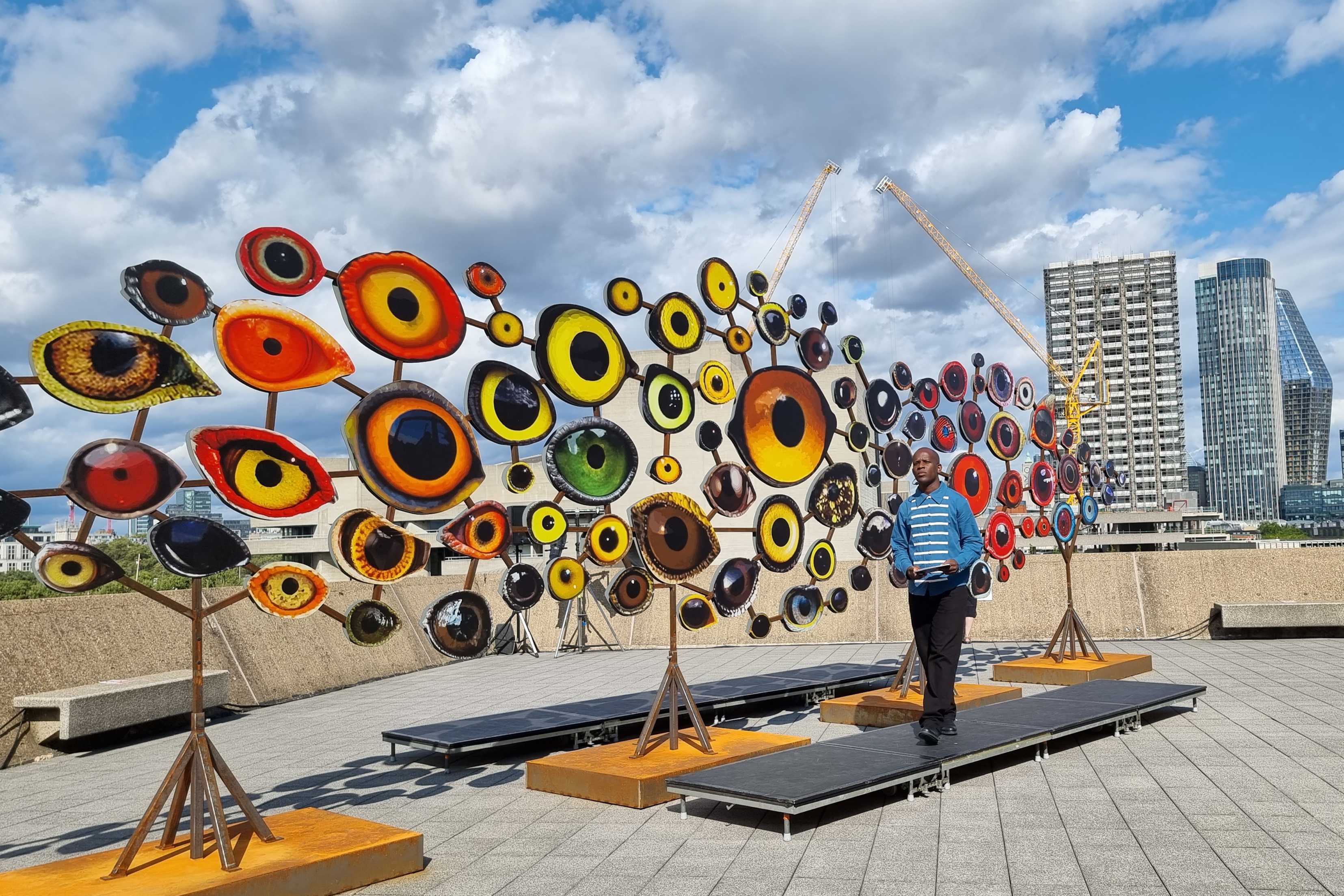“Climate protection is human rights protection. And the climate crisis is a human rights crisis. Because it not only affects the livelihoods of people in the future, but is already having a striking impact on the lives of millions of people.”Markus Beeko, General Secretary of Amnesty International in Germany
Markus Beeko in conversation: “Protecting the climate is protecting human rights”
The Secretary General of the German Section of Amnesty International in conversation with Esra Kücük, CEO of the Allianz Foundation, talking about freedom of civil society, the climate crisis as a human rights crisis, and solidarity with risktakers.
September 22, 2023
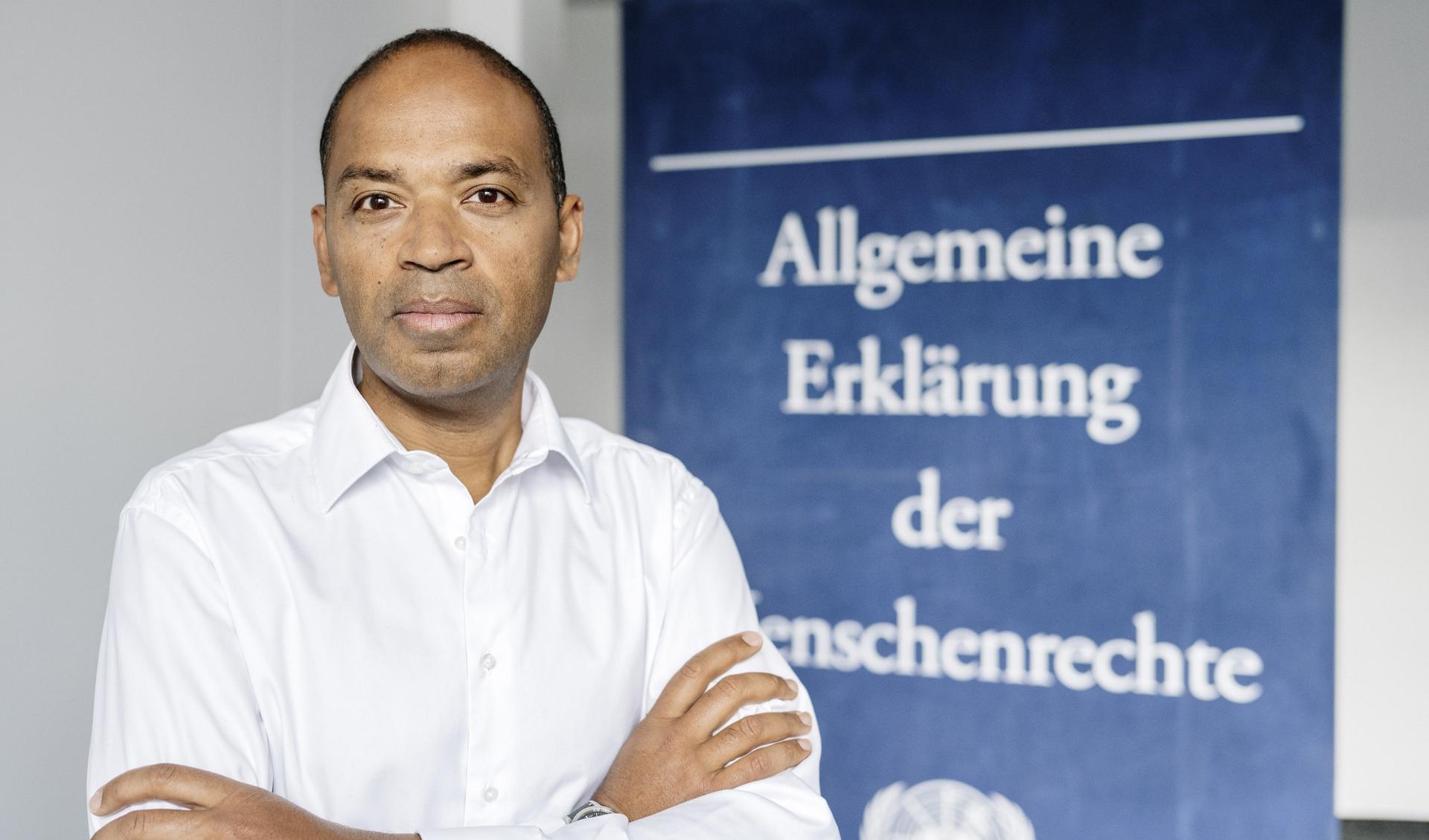
Markus Beeko © Amnesty-International Sarah Eick
Markus N. Beeko is Secretary General of the German section of Amnesty International. He has worked for Amnesty in Germany and worldwide since 2004. Among other things, he chairs the international steering group "Human Rights in the Digital Age". Markus is Chairman of the Board of Trustees of the Human Rights Foundation and Deputy Chairman of the Board of Trustees of the German Institute for Human Rights.
Esra Kücük is CEO of the Allianz Foundation. She deals with the challenges of societies in times of transition and is committed to topics such as cultural participation and social justice.
Esra Kücük: “I am delighted to have Markus Beeko as my guest here today! Markus Beeko has been the Secretary General of the German section of Amnesty International since 2016 and active for the human rights organization in various leading roles since 2004. Today we want to talk about this important work. The Allianz Foundation’s mission is to enable better living conditions for the next generations. An indispensable part of this is the preservation of open societies. A new world emerged on February 24th, 2022, after Russia’s attack on Ukraine. Authoritarianism had been a reality in Europe for some time, but now we also have a war in the middle of Europe. How do you view this turning point for the state of human rights?”
Markus Beeko: “From the perspective of Amnesty, the war of aggression in Ukraine is the tip of the iceberg. In recent years, there have been recurring violations of international humanitarian law and war crimes. These were committed towards the goal of maintaining or gaining power. In doing so, those responsible have violated established international order and were not held accountable. That is something that needs to change when we talk about the most recent turn of events. Far too often those responsible for war crimes and human rights abuses have gotten away without punishment – whether in Syria, Yemen or Congo. That is why it is good that international investigations have commenced already during the war in the Ukraine. There is a strong will to hold accountable those responsible, starting with Putin.”
Esra Kücük: “You used the word responsibility, which also makes me think of Europe’s responsibility in the patterns of migrating and seeking asylum. In the context of the war against Ukraine, we have seen many refugees within Europe, including many coming to Germany. This movement was accompanied with a great deal of solidarity. At the same time, we remember that this continent is still struggling with the issue of taking in refugees. Have we learned something from the past few years regarding the human rights situation of refugees?”
Markus Beeko: “It is the largest wave of refugees in Europe since World War II, and it is mostly made up of women and children. For the first time in years, European governments have responded decisively and in unity. They have taken responsibility, together with many volunteer citizens, and organized help. At the same time, we see that children and women continue to be forced to remain at Europe's external borders in the most dire of circumstances. People seeking refuge are still inadequately protected – even on European soil. Now it is time to take ourselves at our word. It is possible! If there is the political will and we consider ourselves to be a European community taking human rights and dignity seriously, then we will not distinguish between those stuck on the border between Poland and Belarus, or the people who are fleeing from this terrible war against Ukraine.”
Esra Kücük: “Your work with international partners is extremely important. We also work in the context of transnational solidarity as a Foundation. The focus lies on challenges that we cannot solve on a national level. We are concerned about the development of the question of free spaces and the ability of civil society actors to act - the keyword is shrinking spaces for civil societies. What is your assessment of the situation?”
Markus Beeko: “If we look towards the future – and the Allianz Foundation is doing this in various ways – then it is clear that we have to take on the climate crisis, growing inequality, and the question of justice between generations. And we can only accomplish this if we work together, as in your case with a wide variety of actors, cultural and artistic workers. We need all social forces: young people, old people, people from arts and culture, from science. All together, they need to lead the important discussions and develop good solutions. And at the same time, we observe there are authoritarian governments that restrict precisely these alliances and free spaces for alliances. In the last year alone, we observe that new laws have been passed in over 60 of 154 countries around the world that are being monitored for restricting freedom of expression, freedom of the press, freedom of assembly and freedom of association. And even increasingly so in Europe. Critical voices are being silenced. We see it in Russia, we see it in Turkey, but we increasingly see it in other countries as well. And it is essential to note that people who are active are increasingly being criminalized – for example, environmental activists or similar groups. Like the crew of the Juventa ship (a NGO sea rescue ship), who work to save lives in the Mediterranean. This is what we have to combat. These defenders of human rights need our solidarity!”
Esra Kücük: “This is exactly the target group we want to work with as a Foundation. The so-called risktakers, i.e. those who take risks in order to protect others, to create space for others. They are becoming increasingly targeted. Based on your work, do you have any suggestions on how we can protect these actors even more and better support their work?”
Markus Beeko: “Solidarity becomes effective when we create collective networks, both within countries and societies, as well as beyond. Solidarity can also become effective when we demand our governments to provide spaces for them, protect and support them. Governments have this obligation. Within Europe, there is the EU directive regarding the protection of human rights defenders. It protects environmental activists and culture workers who stand up for freedom of speech and freedom of assembly. And it obliges all governments to contribute to their protection, no matter the country where they are threatened.”
Esra Kücük: “You just mentioned the catchword ‘climate justice’. This is a core area of our work. The ruling by the German Constitutional Court that future generations have a right to an unpolluted environment encourages us. We have a responsibility to establish this climate justice now. What areas make you concerned that the foundations of life for future generations cannot be preserved if we do not take measures now?”
Markus Beeko: “Protecting the climate is protecting human rights. And the climate crisis is a human rights crisis. Because it not only affects people’s livelihoods in the future but is already having a striking impact on the lives of millions of people today. We have a history where things have always been done at the expense of other people – whether during times of colonialism, slavery, or economic superiority in the North-South relationship. And this is even continuing now, when we look at the climate crisis: the exploitation of raw materials, of the environment and the landscape, at the expense of future generations. We need interventions from all of us, and especially by young people, who remind us that this cannot continue. And also remind us that we have a plan against it. An idea of how we collectively organize society that it can be sustainable, on the basis of involving all people, of open, diverse societies – with the rule of law, the protection of minorities. And that is why the ruling of the German Federal Constitutional Court is good and important in many respects. It shows that we are talking about something that we should also claim as a right and assert for all of us.”
Esra Kücük: “What’s exciting is that climate transformation is a holistic challenge. The climate crisis will also have a consequence for migration waves. The issue of climate protection will also have to be addressed socially. We can’t play one off against the other. One focus of the Allianz Foundation’s work is the area of arts and culture, where there is much at stake regarding the question of freedom of expression and artistic freedom. Art or cultural figures are usually the first to be censored when open societies and democracies are threatened. What is your view on this?”
Markus Beeko: “Yes, the growing attacks on artists as well as cultural institutions are a very important seismograph for what is happening. And that is why they worry us. For example, the verdict against Osman Kavala in Turkey. It is an arbitrary sentence – life in prison for someone who supports cultural exchange. The example of Osman Kavala shows how important it is for us to remain in solidarity internationally, especially in the areas of culture and art. We have to find ways to be in exchange with each other, regardless of how much governments try to suppress this. And we must also network with each other beyond the cultural and artistic spheres, in the fields of scientific and other areas of civil society. This why it is so important that impulses are set and the right questions are asked together by human rights organizations like Amnesty, organizations of those affected, and especially foundations like the Allianz Foundation. This will ideally enable us to act together. I am hopeful for organizations that are committed and continue despite external pressures.”
Esra Kücük: “Markus, thank you very much for the interview!”
The interview took place in the summer of 2022, was edited for clarity, and is posted here in a shortened form. You can watch the german interview in its entirety here (Youtube).
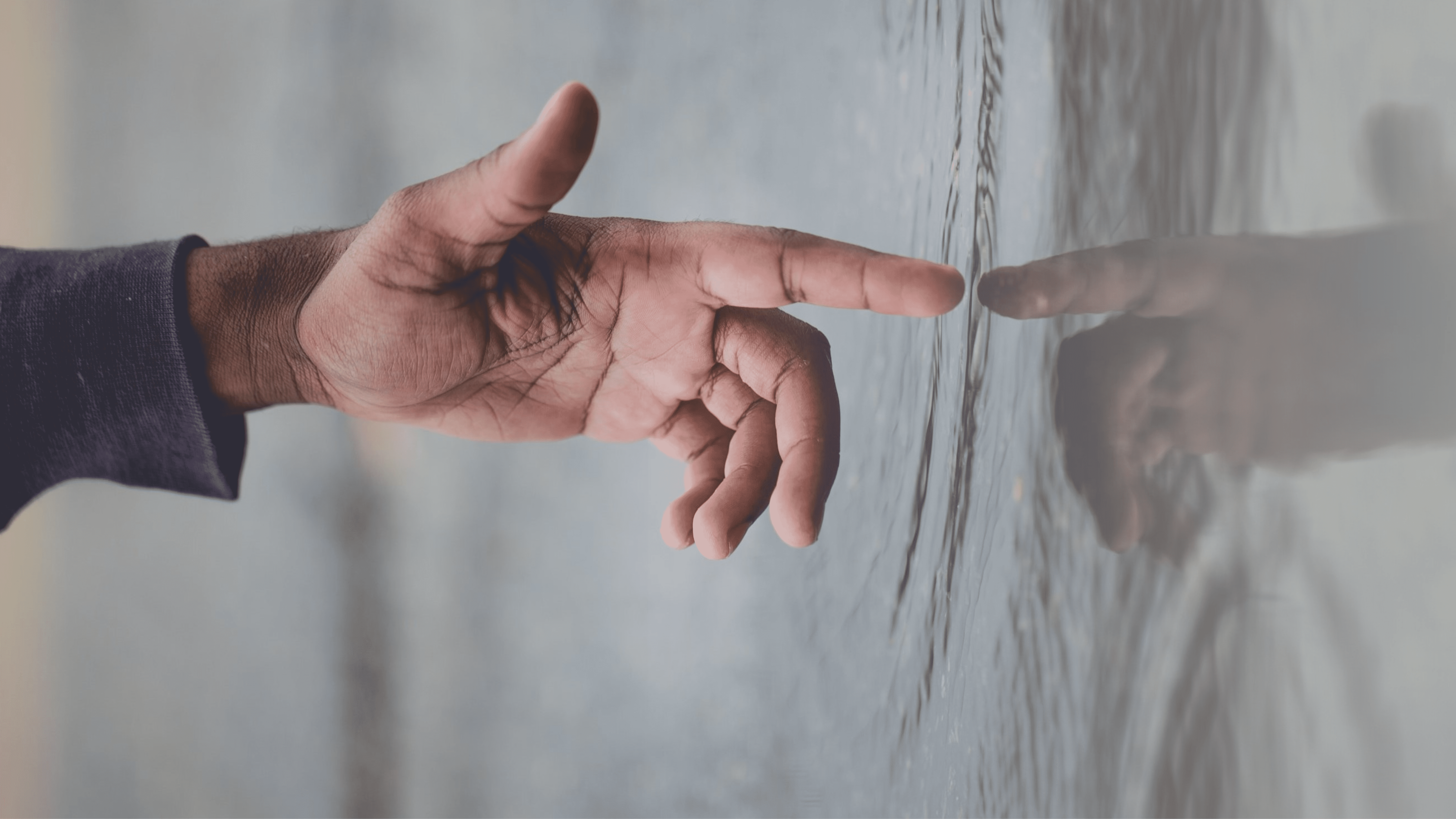
Talents for Tomorrow: Diversifying Foundations for Europe
The Allianz Foundation in Berlin and the European Cultural Foundation in Amsterdam are collaborating on a new Traineeship program focused on promoting and diversifying philanthropy with a European purpose. Throughout the 8-month pilot program, the Trainees will gain hands-on experience in one of the two Foundations.
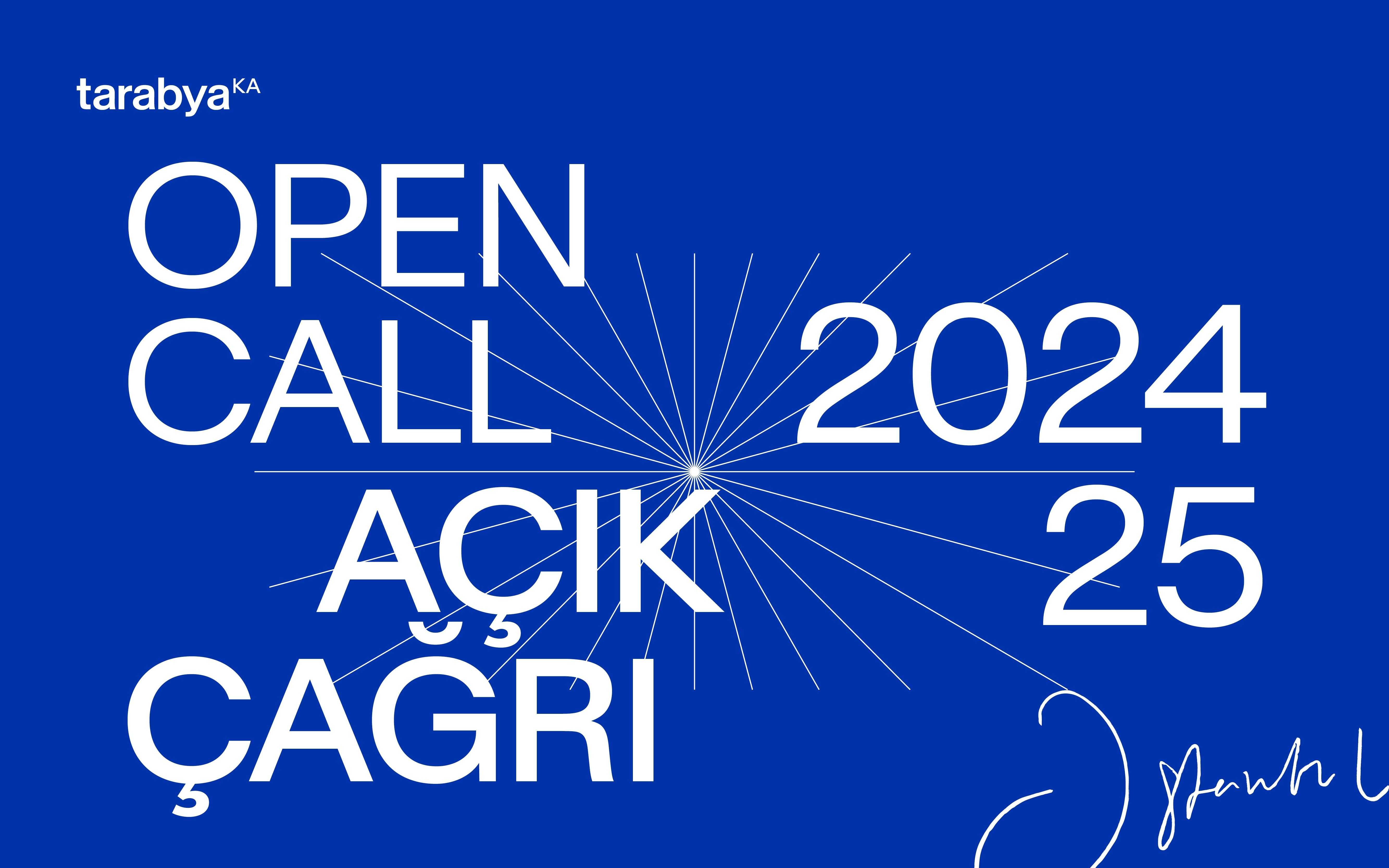
Open Call: Turkish-German Co-Production Scholarships at Tarabya Cultural Academy
We are looking for tandems of artists and cultural professionals residing in Germany and Turkey. A film director who lives in Turkey wants to work on a new project with a screenwriter from Germany? A visual artist from Berlin would like to realize a joint project with a designer from Izmir? A musician from Diyarbakir wants to work for several months with a composer from Hamburg? This program makes it possible! We are happy to announce the fourth edition of that unique format for artistic residencies!

Climate Cultures Call
+APPLICATION DEADLINE EXPIRED+ Looking at the big picture in order to transform our climate culture. In order to be able to effectively counteract climate change, we need to change our mindset. We need holistic approaches that take into account the connection between global warming and social climate.

Climate Cultures Call: Our Grantees
From eco-playwriting programs for Algerian students to building a climate justice network in Europe - Get to know our ten Climate Cultures grantees!
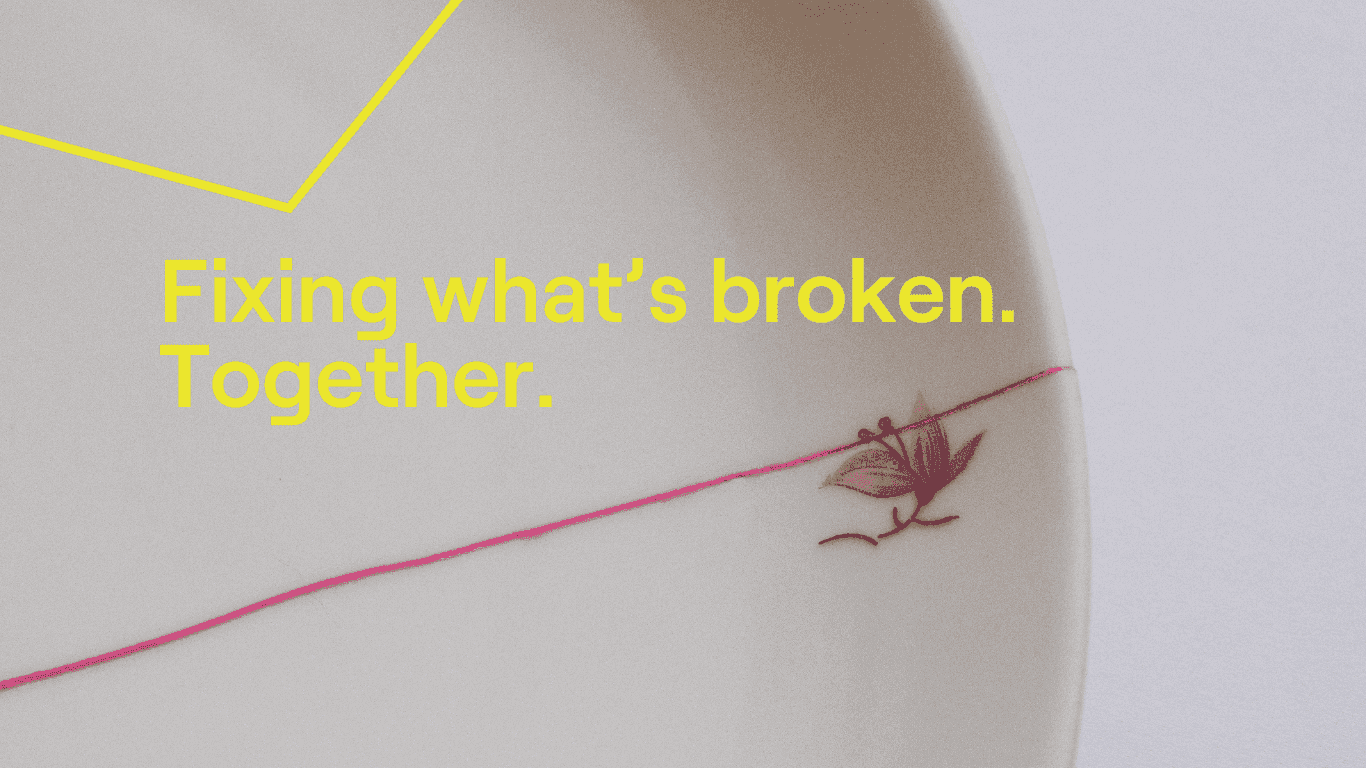
Allianz Foundation Grants Program 2024: Fixing what's broken. Together.
+APPLICATION DEADLINE EXPIRED+ With its grants program for 2024, the Allianz Foundation is supporting projects from the fields of arts and culture, European civil society and climate and the environment, which are taking a stand against social divisions and ecological crises. We are looking for cooperative initiatives from Europe and the Mediterranean region that stand for solidarity, a sense of community, and respect.
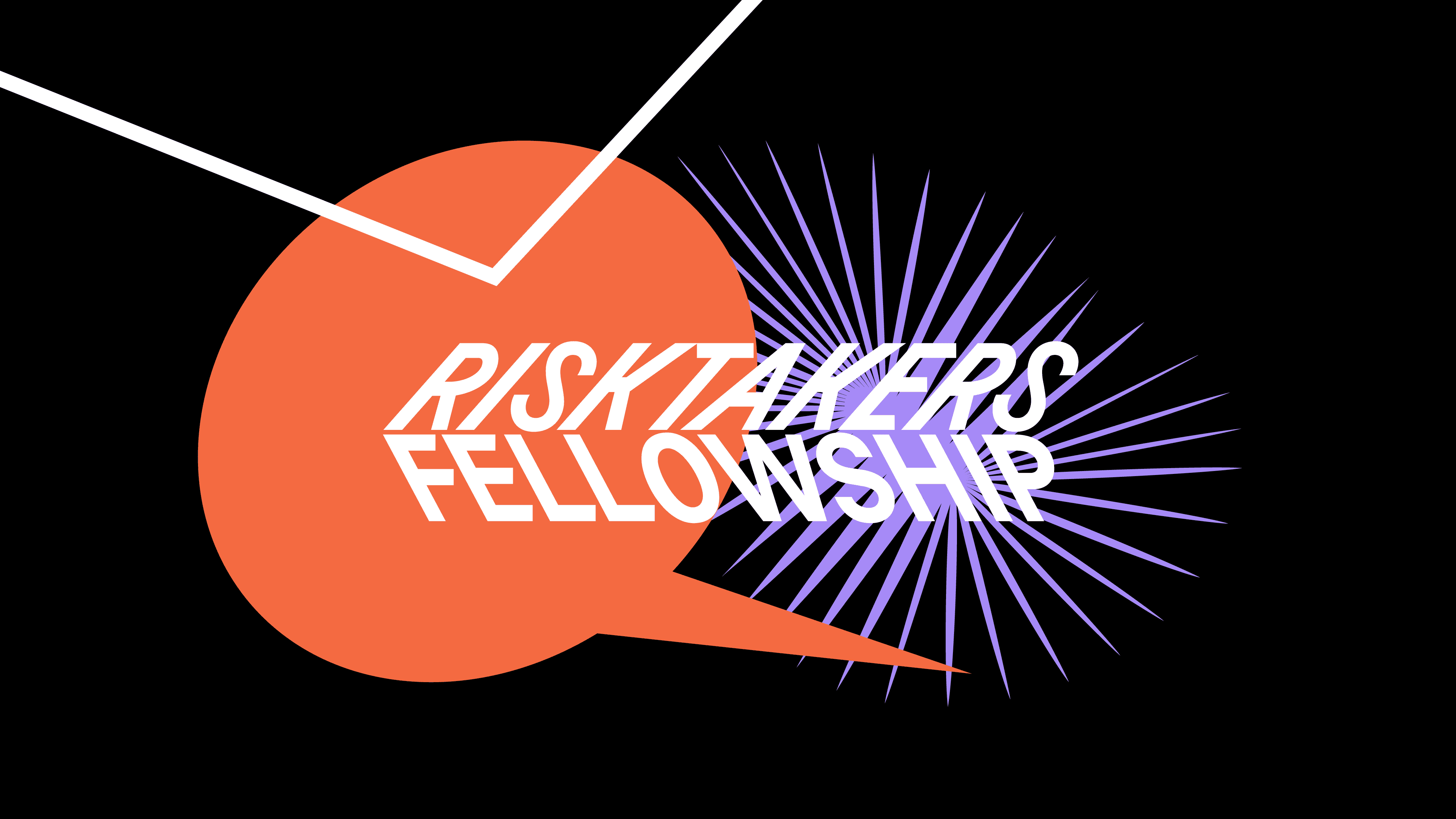
Risktakers Fellowship Call
+APPLICATION DEADLINE EXPIRED+ The fellowship aims to create spaces of hope and resilience while facing the complex crises of our time. It supports individuals who meet these crises by developing ideas for desirable futures – in the digital space and beyond. This Fellowship is a collaboration with SUPERRR LAB.
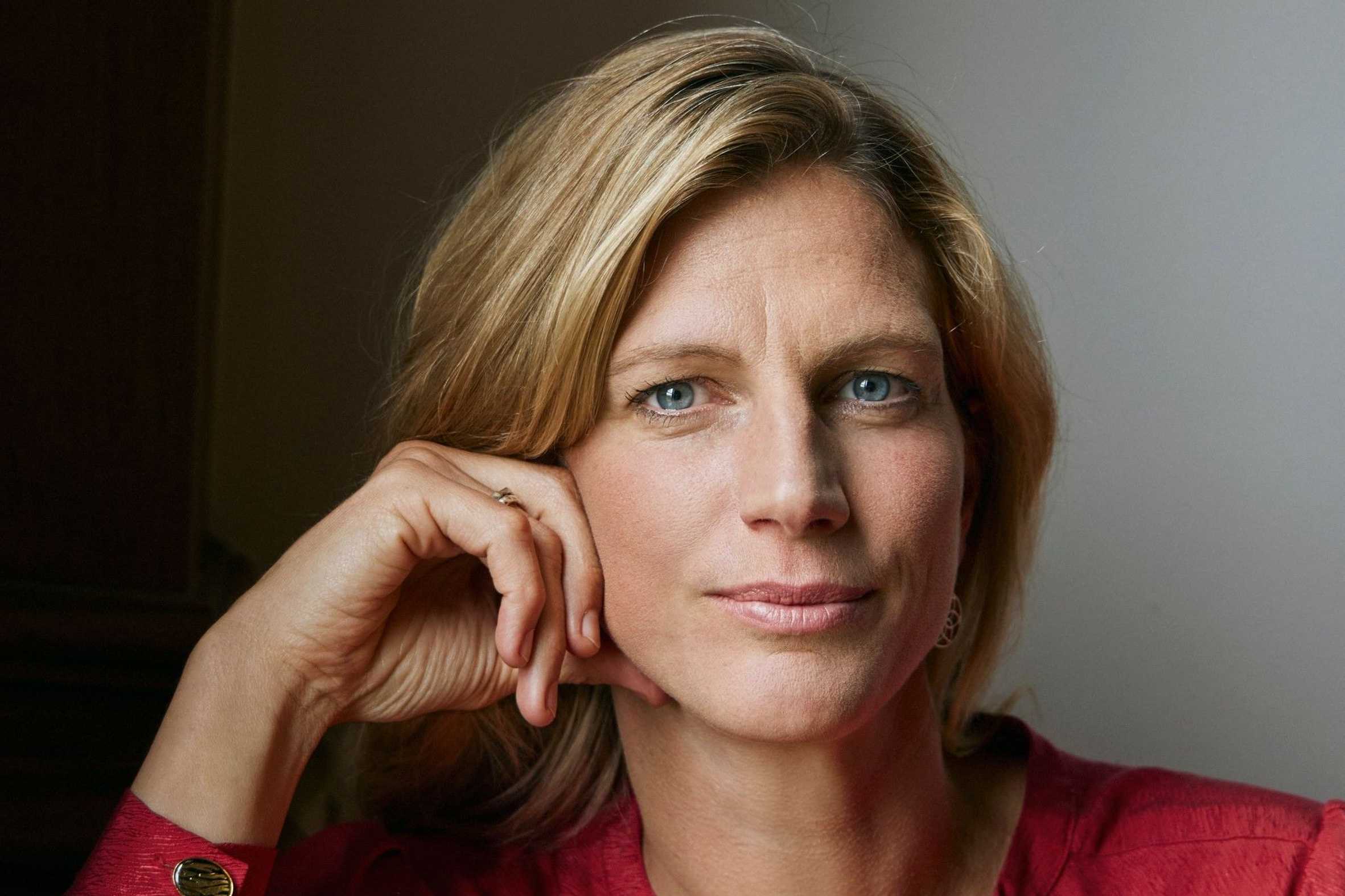
Our new fellow Maja Göpel: more courage for a future-oriented transformation
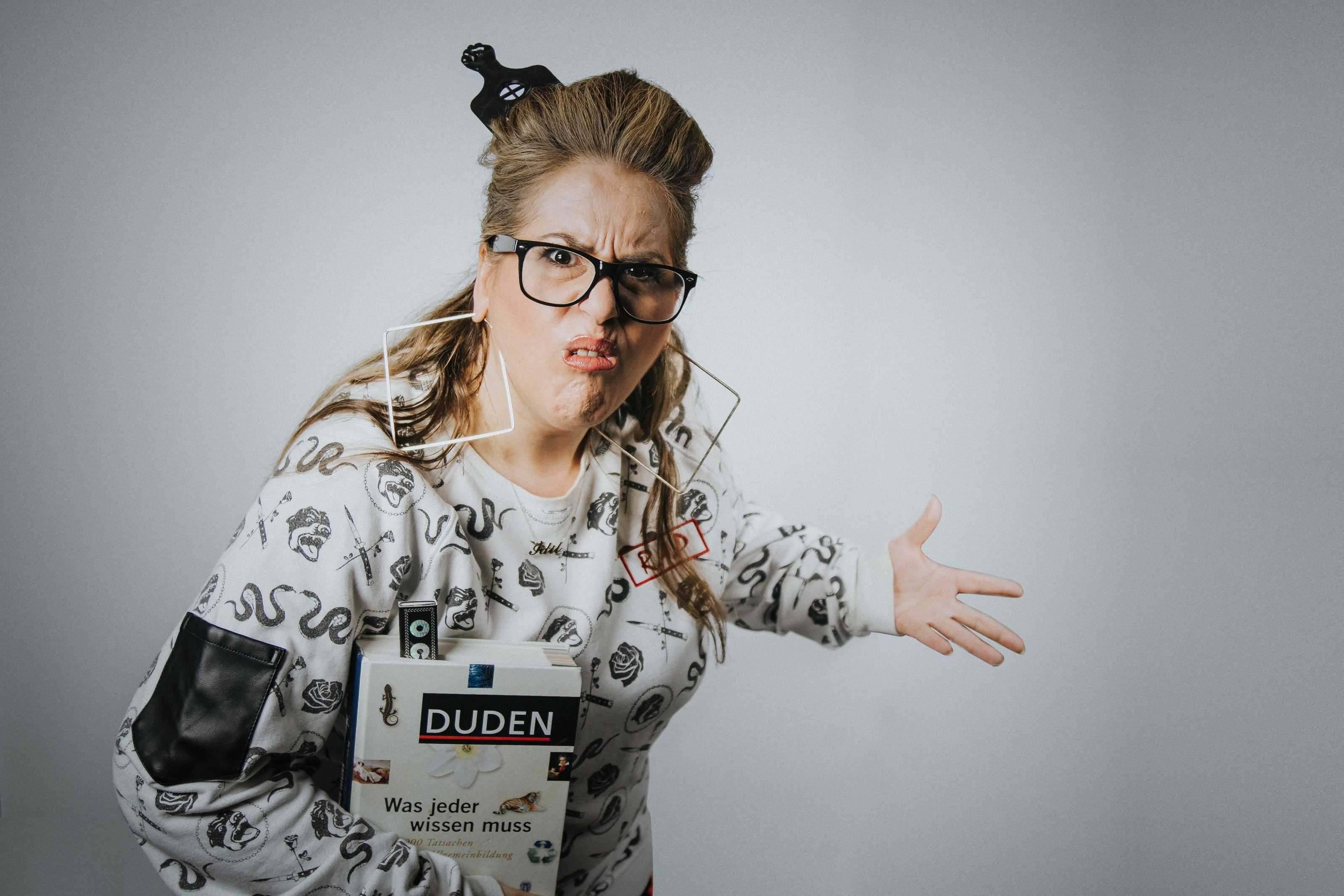
Our new fellow Idil Baydar: shatter the integration nightmare
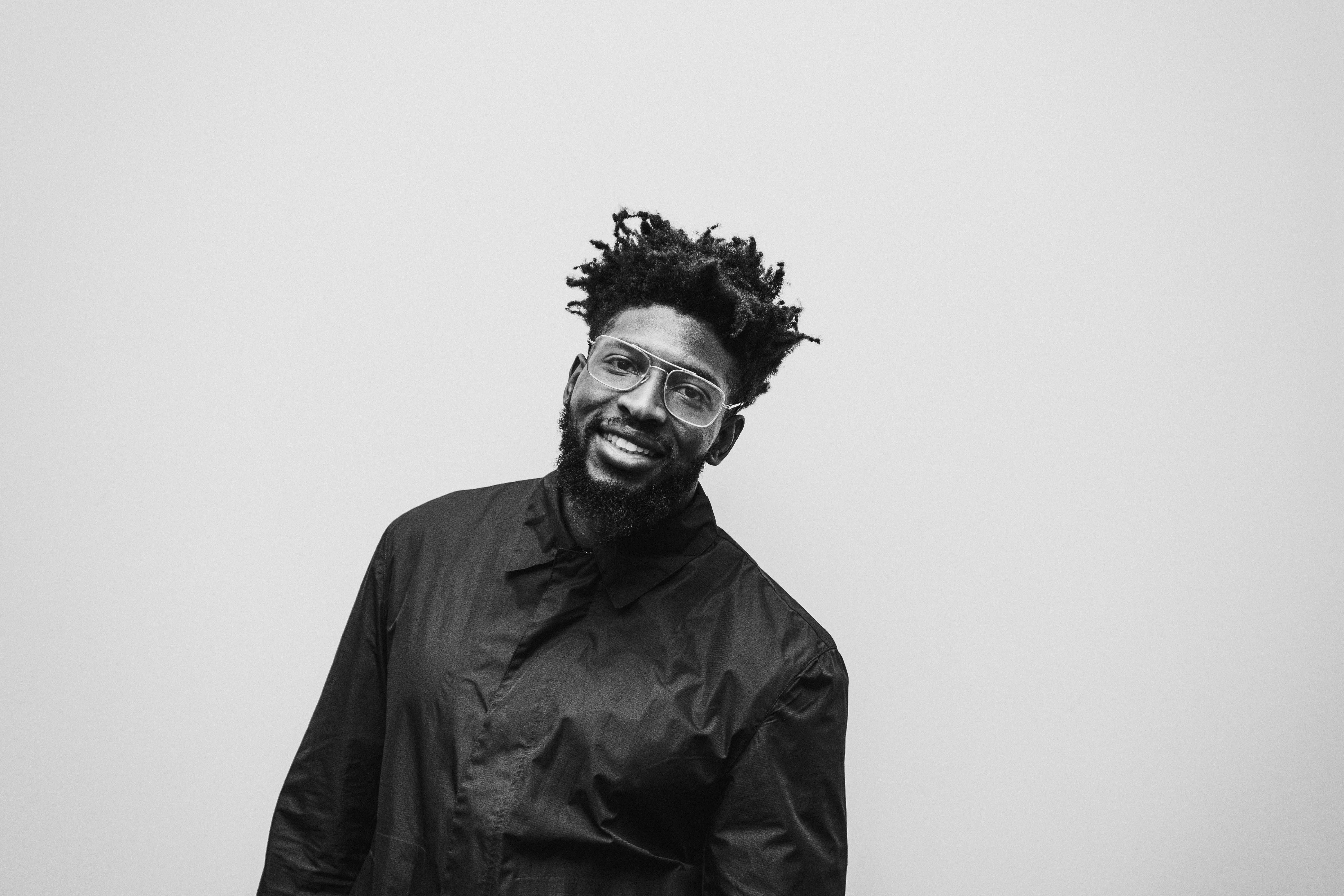
Our new fellow Makan Fofana: the mastermind of Turfurism
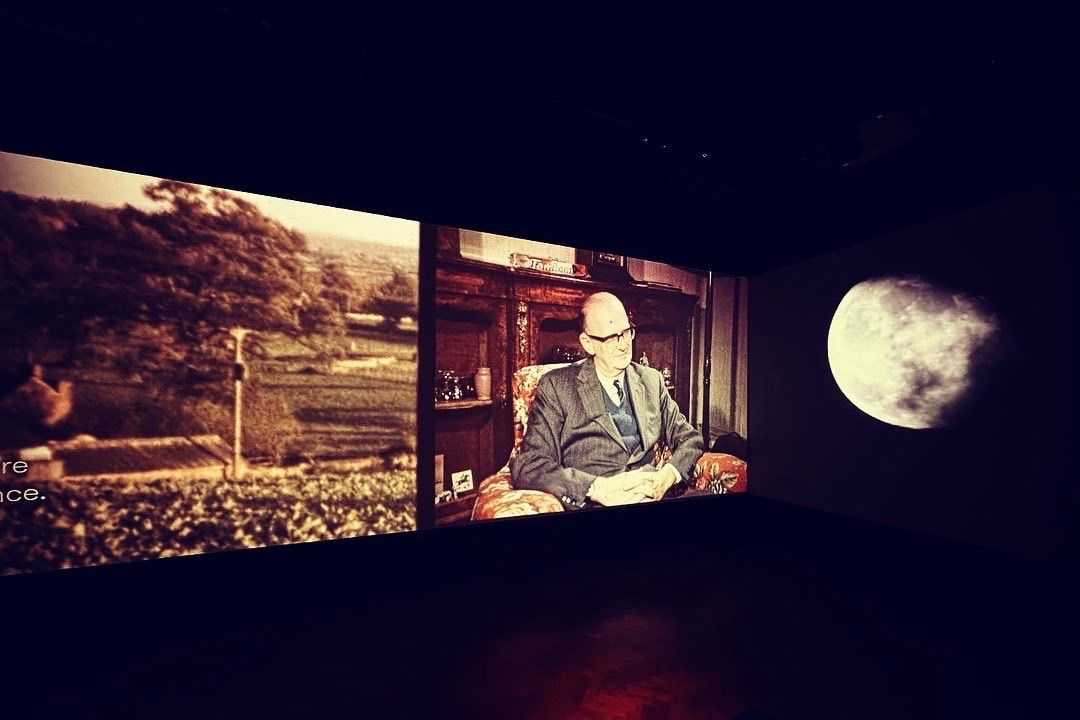
Radical Ecology: Supporting climate justice through creative practice
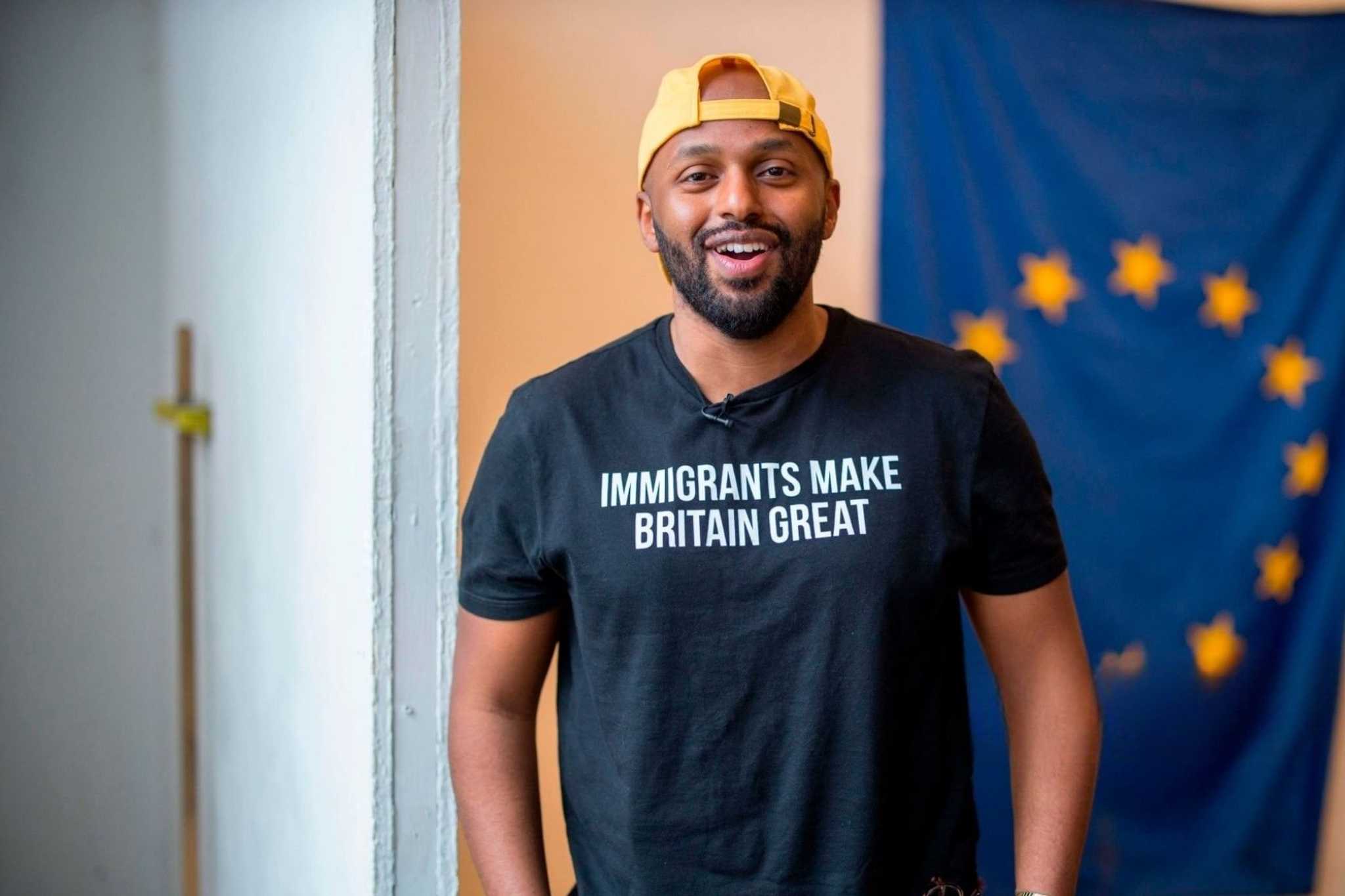
Magid Magid reflects on: Allianz Foundation Next Generations Study 2023
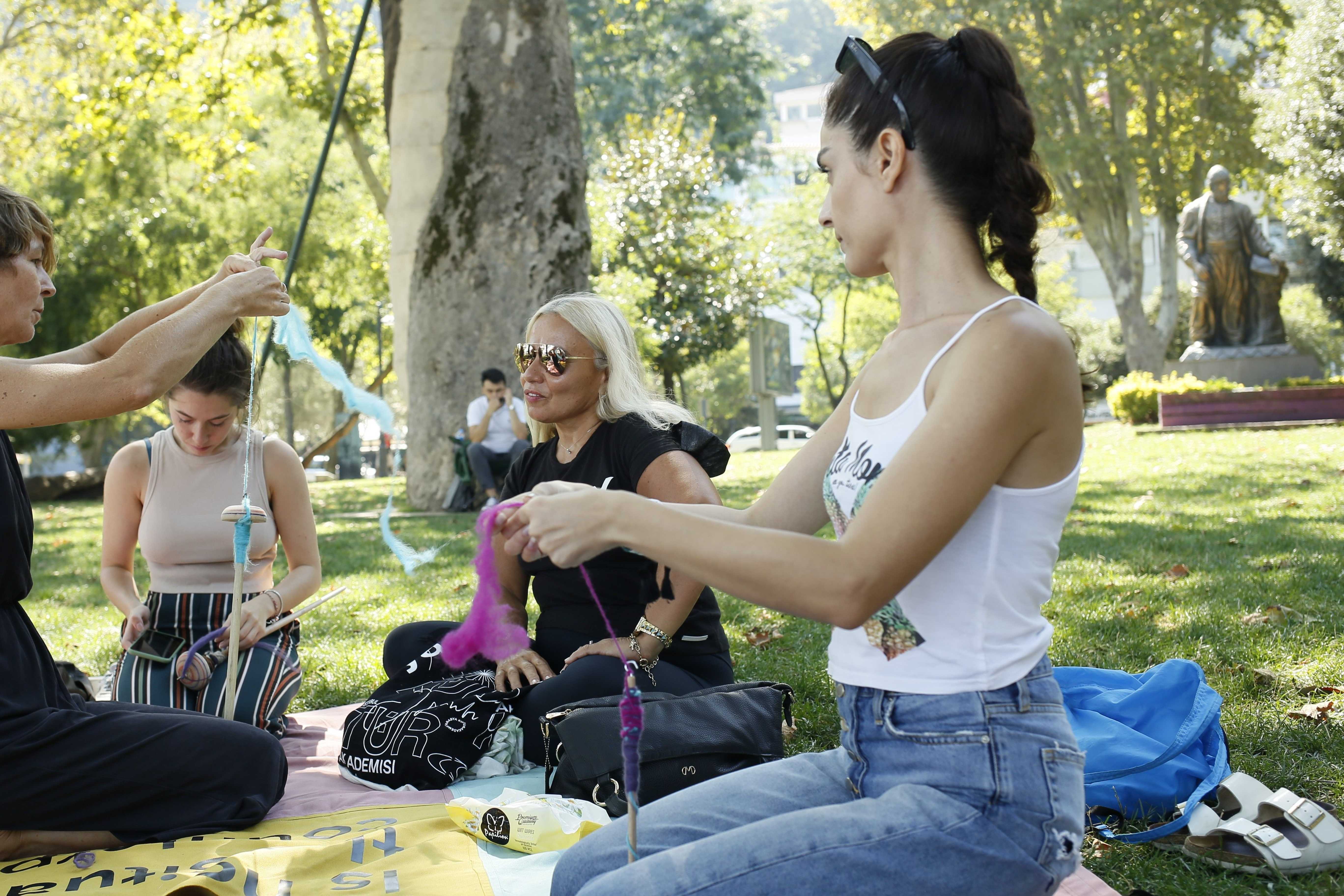
Four months in Tarabya
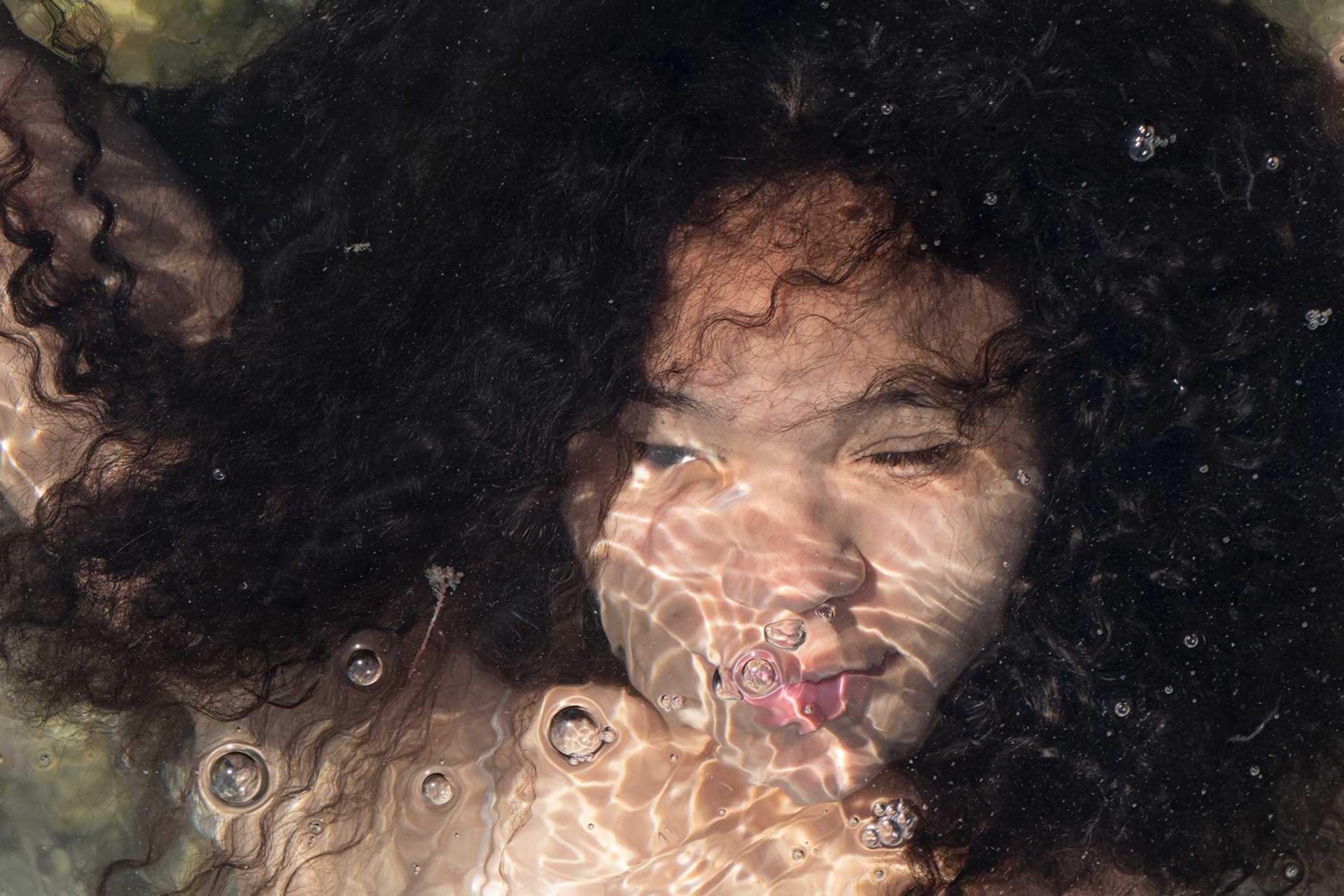
Exploring Afro-European Identities at Les Rencontres d’Arles 2024
